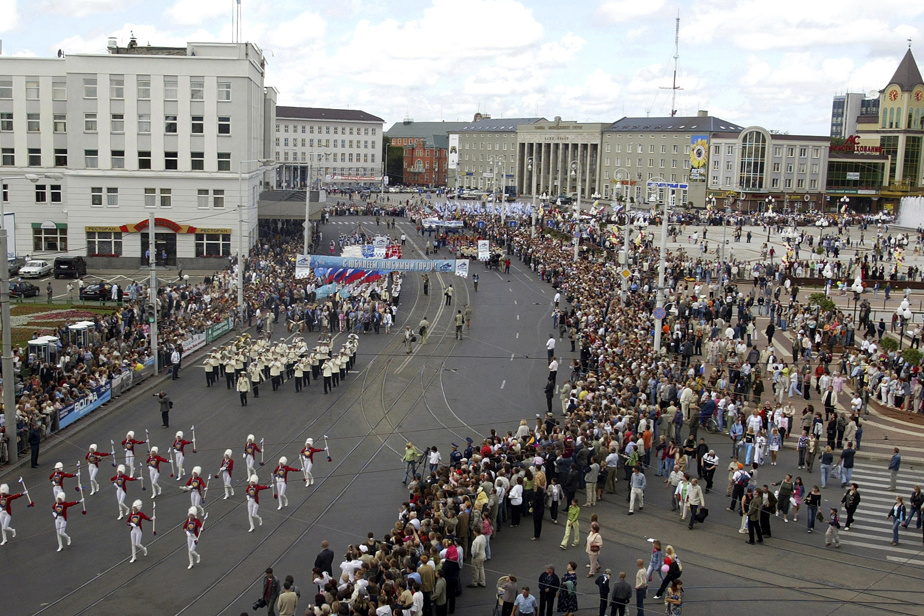(Warsaw) The name of Kaliningrad, in the Russian enclave of the same name located between Poland and Lithuania, will disappear from maps and official Polish documents and will be replaced by the old Polish name of this city, announced on Wednesday the government in Warsaw.
Citing a recommendation from a national commission for toponyms, the Polish Minister for Development indicated that Kaliningrad would henceforth return to its Polish name of Krolewiec, which historically designated what was also the Prussian city of Königsberg.
“We do not want Russification in Poland, hence our decision to call Kaliningrad and its region in our own language,” said Minister Waldemar Buda, quoted in an official statement.
The spokesman for the Russian presidency, Dmitry Peskov, immediately reacted by saying that it was “not even a question of Russophobia anymore, these are processes bordering on madness that are happening in Poland”.
“It does nothing good for Poland. These are not just unfriendly actions: these are hostile actions,” he insisted.
Founded in 1255 by the Order of Teutonic Knights, the city became its capital in the middle of the 15the century, then, successively, that of the Duchy, the Kingdom and the Free State of Prussia.
Its original name of Conigsberg, in honor of the King of Bohemia, Ottokar II, who had taken part in crusades in the region, evolved into Königsberg in German, Krolewiec in Polish, Karaliaučius in Lithuanian and Korolewiets in Russian.
The city took the name of Kaliningrad in 1946, in memory of the head of the Presidium of the Supreme Soviet of the USSR, Mikhail Kalinin, when the Soviet Union took possession of the enclave as compensation for the destruction and losses suffered during the Second World War.
“Having named a large town near our border after Kalinin, a criminal who was co-responsible for the decision on the mass execution of Polish officials in Katyn in 1940, arouses negative emotions in Poland,” Mr. Buda.
Both Poland and Russia also summoned diplomatic representatives stationed in their respective countries on Wednesday over two other recent incidents that have heightened tensions.
Moscow summoned the Polish charge d’affaires to protest against a “provocation” organized on May 9, the day of the commemorations of the victory over Nazi Germany in Russia, when pro-Ukrainian activists blocked the Russian ambassador who came to deposit flowers in front of the mausoleum of Soviet soldiers in Warsaw.
“This outrageous act has become one more link in the chain of provocations from Warsaw,” said the Russian Foreign Ministry, promising a response.
The Russian ambassador was summoned to Warsaw and was given a note of protest because of the interception on May 7 by a Russian fighter of a Polish plane on a mission for Frontex over the Black Sea.
“We strongly condemn the provocative and aggressive behavior of the Russian side, which constitutes a serious international incident,” Polish Foreign Ministry spokesman Lukasz Jasina tweeted.
